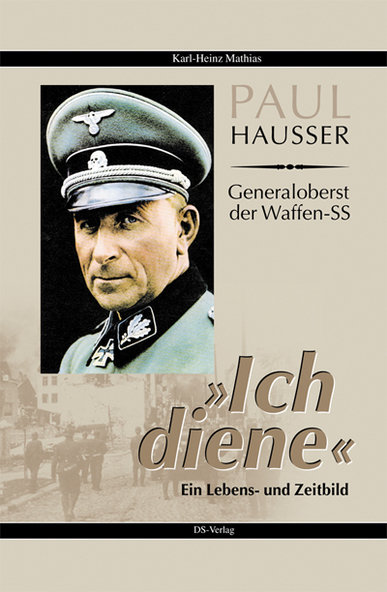Eine präzise Darstellungen der herausragenden Persönlichkeit des Generaloberst Paul Hausser, der 1934 die militärische Ausbildung und Erziehung der "SS-Verfügungstruppe" übernahm. Als Schöpfer der Waffen-SS entwickelte er eine soldatische Lehre, die auf den Prinzipien von Auslese, Treue, Gehorsam, Anstand und Ritterlichkeit aufgebaut war. Wilde Kühnheit und revolutionäre Leidenschaft der Jugend fügte er in die Ordnung der soldatischen Welt ein.
Eingebettet in umfangreiche politische Analysen der Geschehnisse der 30er und 40er Jahre, die den Lesern die weltpolitischen Hintergründe zur Entstehung des Zweiten Weltkrieges aufzeigen sollen, schildert Mathias den militärischen Werdegang eines gradlinigen Offiziers. Beginnend mit der Entstehung der SS-Verfügungsgruppe, beschreibt er ihre unzähligen Fronteinsätze, den schicksalhaften Opfergang der Waffen-SS in die Kriegsgefangenschaft, die Verfolgung und Diffamierung der vom Nürnberger Siegertribunal zu Mitgliedern einer Verbrecherorganisation abgestempelten Soldaten und schließlich den unermüdlichen Kampf Haussers gegen die Kriminalisierung seiner Soldaten, den Einsatz für ihre Versorgungsansprüche und die Wiedererlangung ihrer Ehre. Mathias zeichnet in einem faszinierenden Buch das beeindruckende Bild eines Mannes, der trotz schwerer Verwundungen immer wieder ohne Rücksicht auf die eigene Person aufopferungsvoll für sein Vaterland gekämpft hat.


